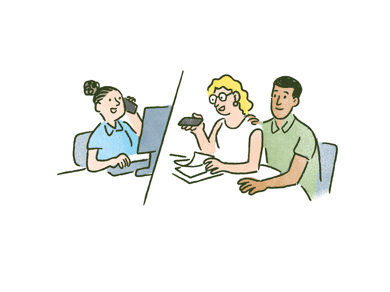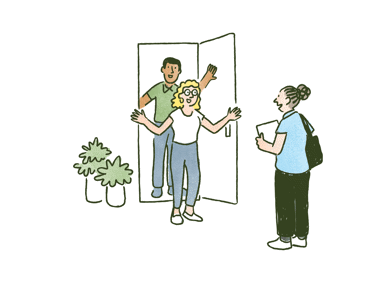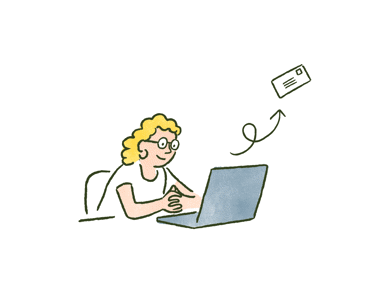Foster care
Tell Anglicare you’re thinking of becoming a foster carer
One of our friendly team will get in touch to help answer your questions.
Every week, Anglicare receives more than 100 requests to provide a safe home for a child in crisis.
Children come into foster care for all sorts of reasons… but uprooting them from their lives and homes always comes as a last resort. Something that’s necessary to keep them safe from the harm of neglect or abuse.
As one of our amazing foster carers, you can make a real difference. Whether you’re single, married or in a long-term relationship of two years or more, if you’re over 21 (and in good health) you’re exactly who kids in need are looking for!
Types of foster care

Crisis care

Short-term care

Permanent care

Weekend and respite care
Our promise to you
As an Anglicare foster carer, you can be confident you’ll have the help you deserve at every step. In addition to support from your foster child’s case manager, you’ll also have:
- 24/7 assistance in an emergency
- the expertise of a clinical care team
- ongoing health support from therapeutic specialists, as required
- carer skill building and ongoing training
- regular opportunities to socialise with other foster carers at events and support groups (including a dedicated support group for male carers)
- activities and annual camps for your biological children
- tax-free carers allowance to help meet the expense of having another child in the family
- monthly respite through regular weekend care.
As a foster carer, you’re never alone. You’re a part of a team – case manager, medical professionals and other support workers – all joining together to help a child have a full and happy childhood.
Interested in becoming a foster carer?
Take this short quiz.
The difference you can make


It probably goes without saying that a great foster carer should love being around kids. However, what you may not realise is that no special experience is needed to be exactly who a child might need. The best foster carers are not childcare experts or parents themselves. They’re normal people like you who have a heart for kids in need and a willingness to learn.


Frequently asked questions
Enquire now
Foster Care Articles
More questions?
Talk to our friendly team about foster care.


Inspired by the gospel of reconciliation in Jesus Christ, Anglicare's vision for reconciliation is a nation in which Australia's First Peoples are restored in dignity, respect, empowerment and opportunity.













